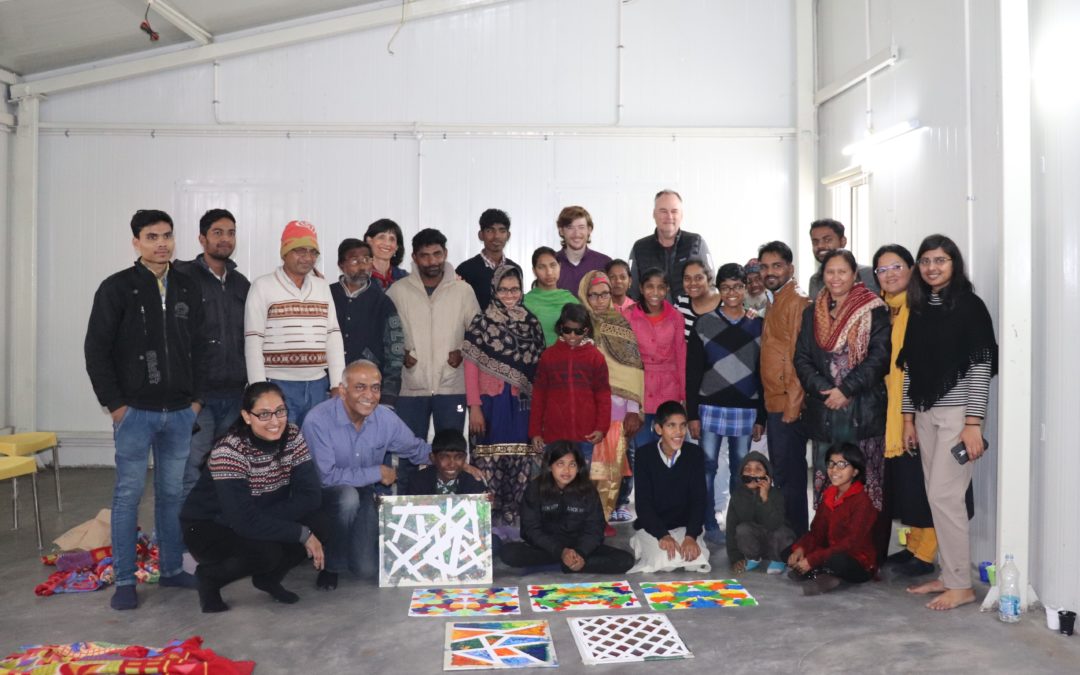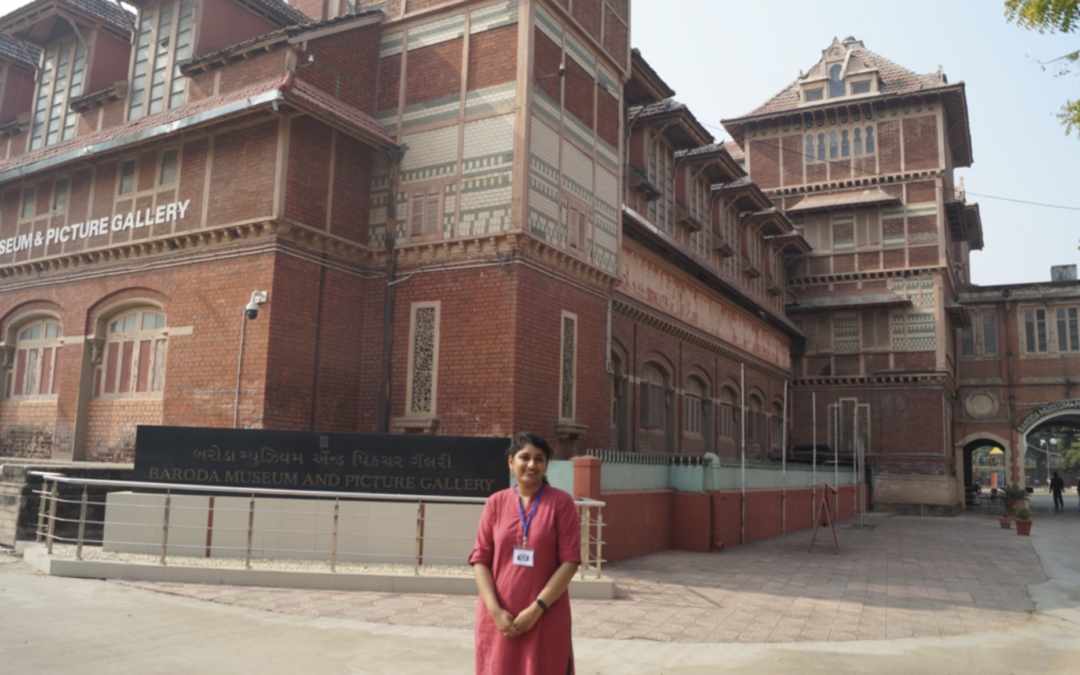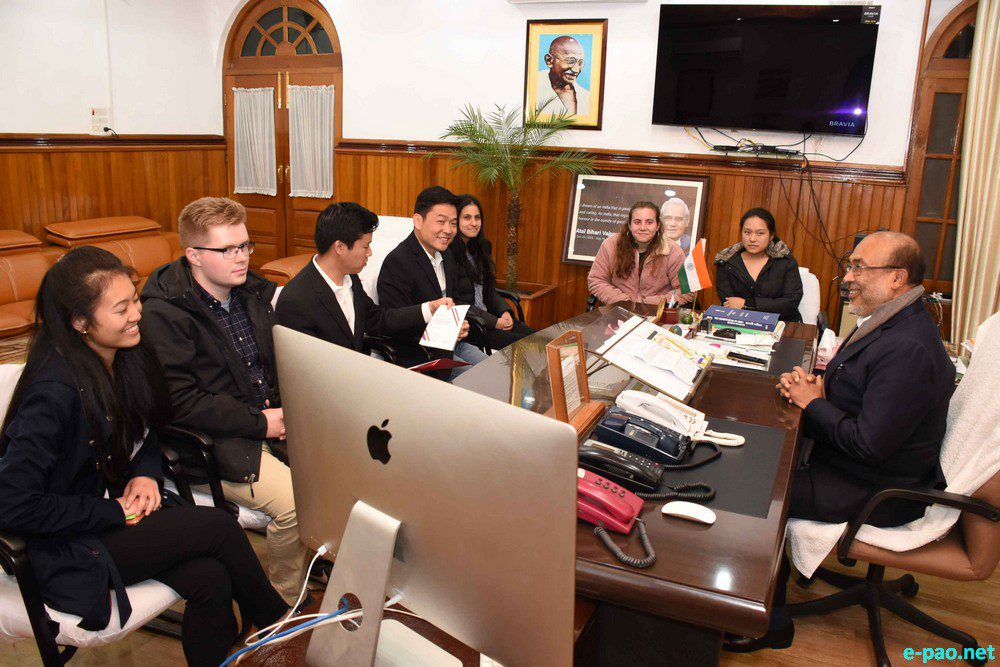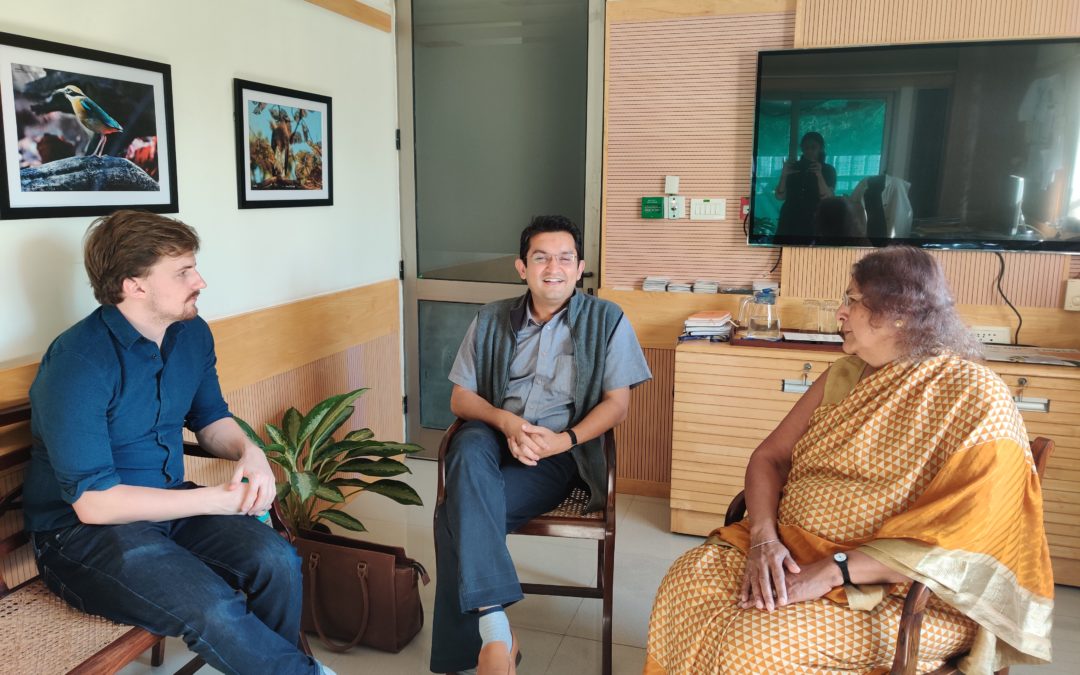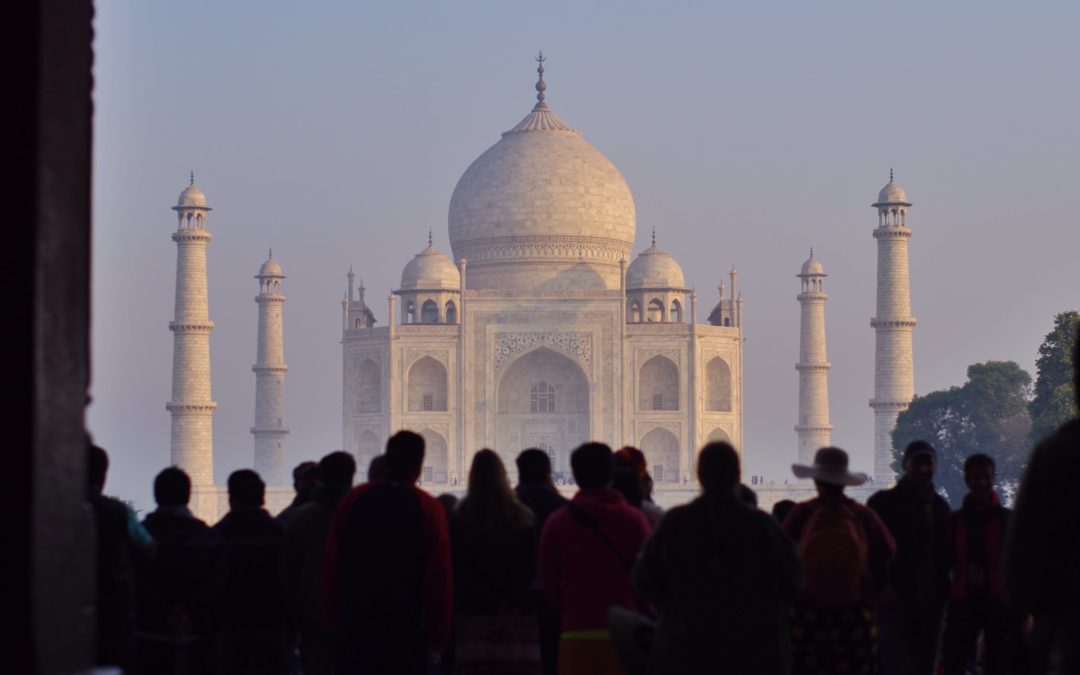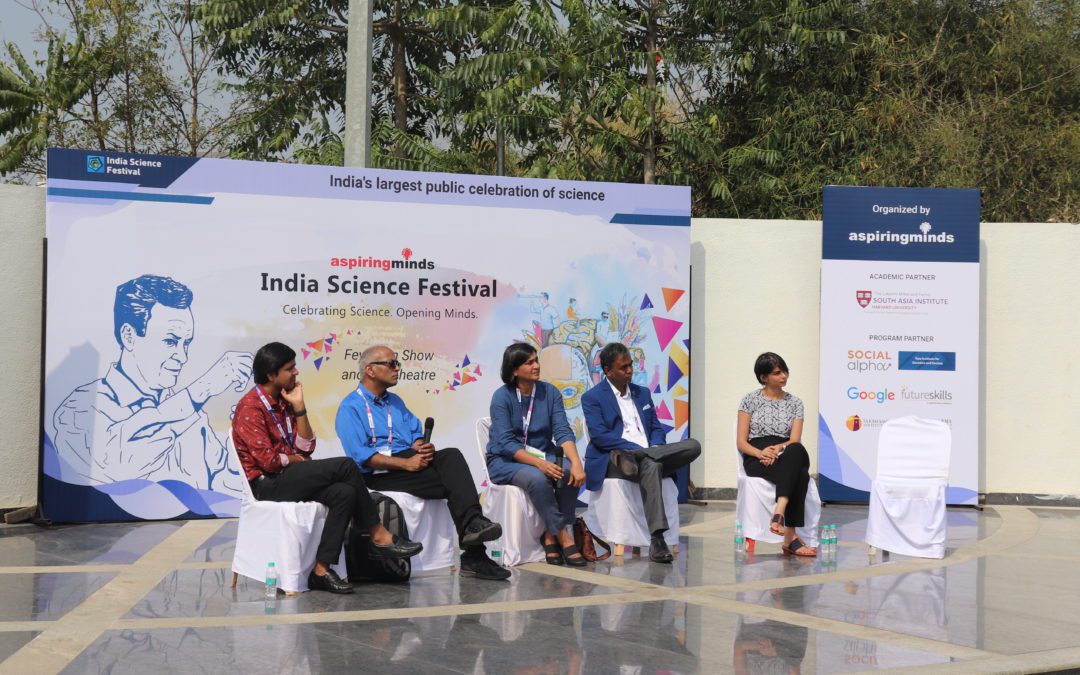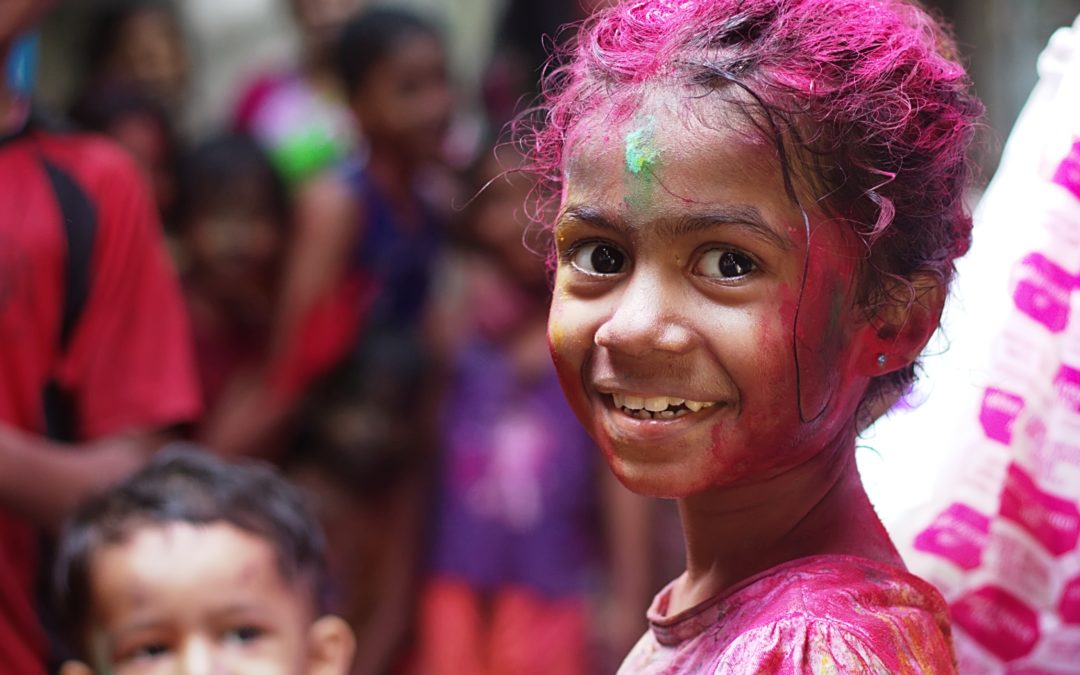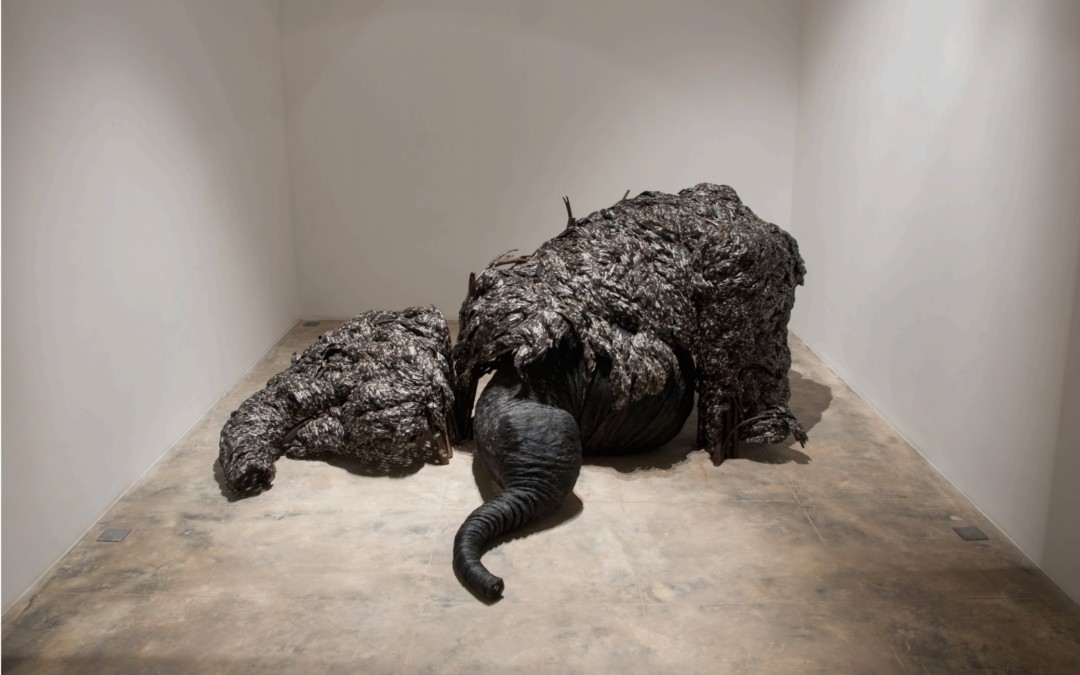Traditions, Philosophies, and Art of Ancient Hindustan
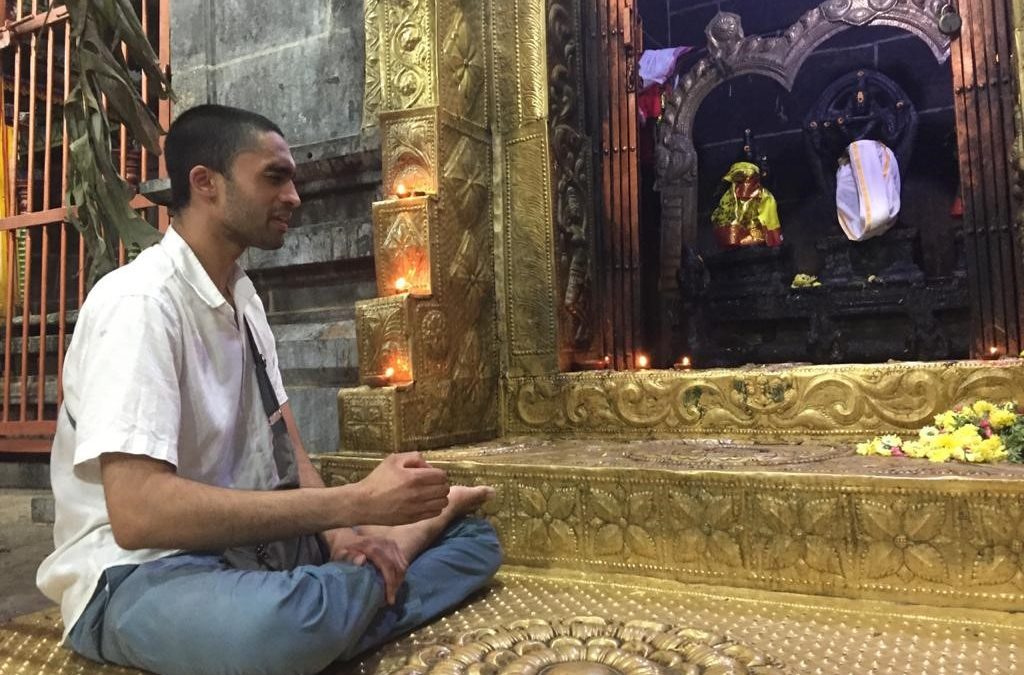
Over the last three weeks of my winter vacation, I traveled to Hindu temples throughout South India, with the goal of understanding the inspirations and motivations that drove musicians to compose about the idols worshipped at these establishments. Starting from the Eastern temple city of Kanchipuram, Tamil Nadu, I snaked along the Eastern coast of the Indian peninsula, ultimately arriving to the country’s southern tip at Kanyakumari, before continuing through the hill stations of Kerala and ending at Guruvayur, Kerala.


